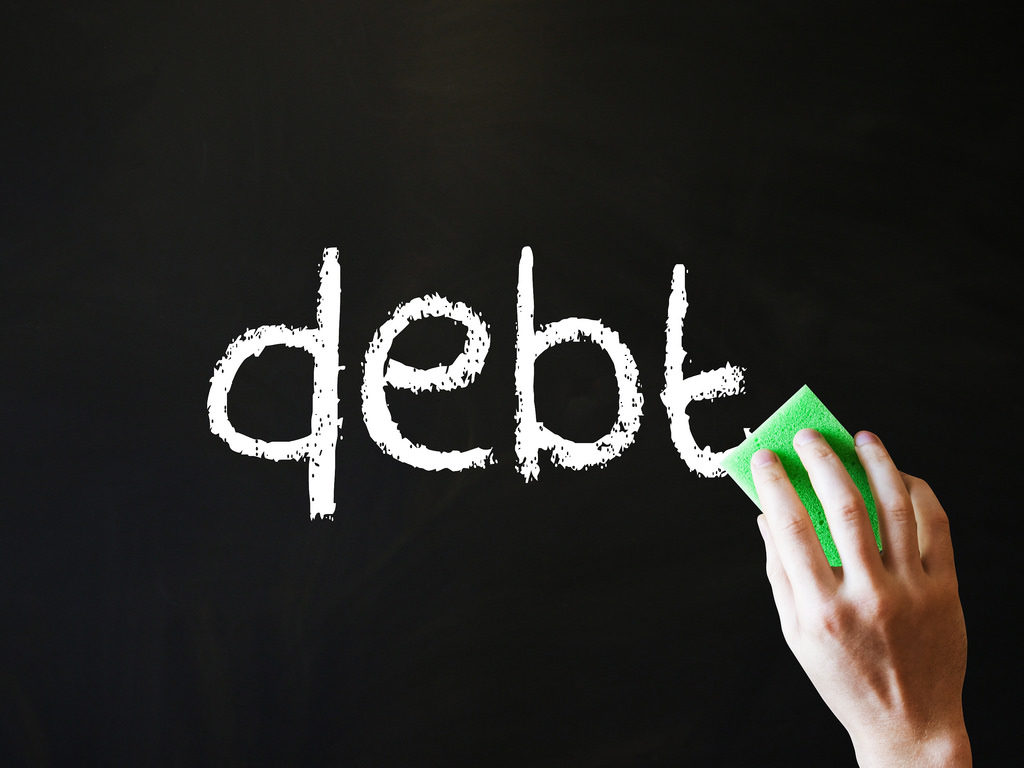
While the process of debt consolidation is usually associated with those in financial trouble due to debts, it can be used strategically by people to streamline their financial affairs. The extent you can and should use debt consolidation is a matter of getting a fix on your financial objectives and the tools you can use to achieve them.
Why Undertake Debt Consolidation
Essentially, consolidating debt involves aggregating all the debt that a person has and borrowing enough money from one source to pay them off. This means that you are substituting multiple debts with one large debt. In this process, you can switch the interest rate applicable to a lower one as well as restructure the schedule of payments to make it more feasible and affordable. The typical goals achieved by debt consolidation are:
Payment of bills more organized: Most people who report getting into debt traps observe that they find it very difficult to keep track of multiple creditors every month and making the payments. Debt consolidation ensures that you have only one creditor to pay off every month and there is no need to correspond with multiple creditors.
Reduction of the monthly payment: If your finances have been stretched to the point that you are finding it difficult to make all the monthly payments on time consolidating your debt can make it possible for the amount per month to be lowered so that the payment can become more affordable.
Reduction of the rate of interest: Typically, most of the outstanding debt tends to be that of credit cards that carry a very steep rate of interest. A debt consolidation loan will usually allow you to save substantially on the interest rate. This lowering of the applicable interest rate can translate to a huge saving in the total interest paid over the tenor of the loan.
Achieving Debt Consolidation Goals
Accomplishing all the above goals may not always be possible; however, if you plan it carefully it may well be possible for you to achieve a number of them, especially if you read up the debt consolidation reviews available online. It thus becomes all the more important for you to determine what your priorities are so that you can know which tools are most appropriate and how best you can apply them. Some common tools:
Credit cards with low-interest rate: The interest rates that credit cards levy on their customers vary widely so it makes sense for you shop around to discover the ones with the lowest rates and shift the balances of your other cards to it. Doing this can cut out the number of credit cards you have to monitor as well as save a lot of interest expense.
Balance transfer offers at zero interest: If you are eligible, you should consider taking up a zero percent balance transfer offer extend by a credit card issuer. While it can potentially save you a lot of interest expense, you need to look out for transfer fees and the duration of the offer, within which the outstanding should ideally be cleared off.
Personal loans: This is a very popular option for consolidating debt and has the advantage of getting you a lower interest rate as well as the opportunity of allowing you to restructure the repayment schedule as per your requirements.
Home equity loan: Offering your home as a security can get you loans at really low-interest rates, however, you should only adopt this route if you are confident of making timely payments, otherwise, you can end up losing your home.
Conclusion
You should consider debt consolidation as one of the viable routes of getting your finances more in order and not necessarily an act of desperation for getting out of a debt trap. If you undertake debt consolidation when there is no pressure on you, it is more likely that you will be able to achieve your goals.
Author bio: Melinda Adams is a senior executive working in a leading private financial company that is active in the debt relief sector. Melinda contributes actively to debt consolidation reviews posted online.

